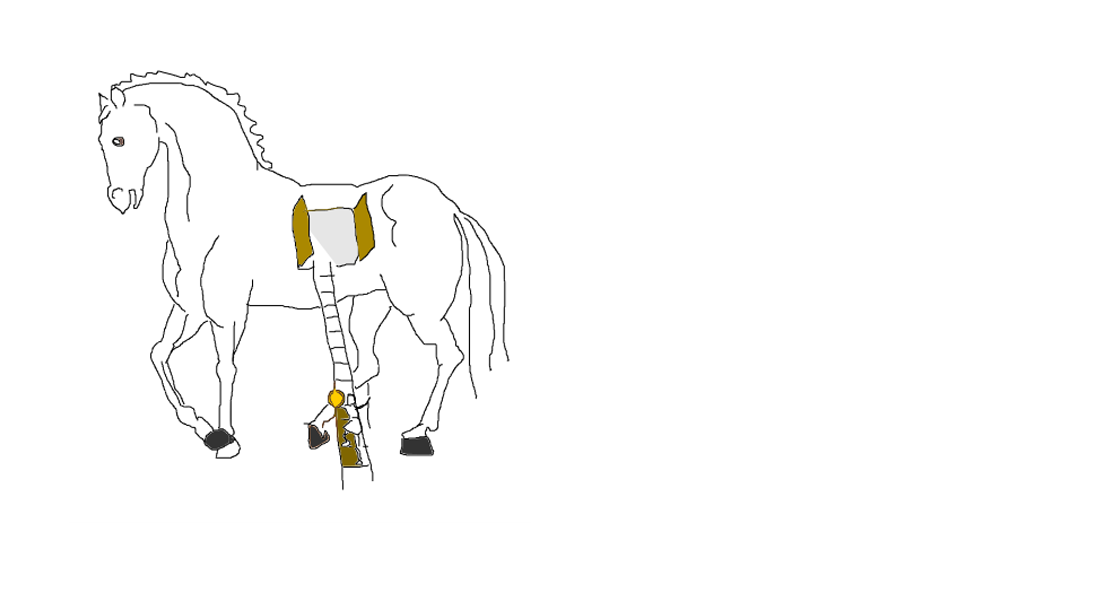The Trojan Horse - A new biotechnology for pesticide removal at drinking water sand filters
The vision of The Trojan Horse project is to create a comprehensive biotechnological solution to pesticide contamination of drinking water, exploring the metabolic capability of natural microbial communities existing in RSF's (Rapid Sand Filters), ensuring a stable supply of safe drinking water for future generations.

Section of Microbiology will mainly contribute with extensive knowledge and expertise on molecular microbiology - more specifically MGE's and the Molecular work in characterization of the entire mobile genetic pool in chosen RSF's and isolated MGE(P)'s by cutting-edge Next generation Sequencing (NGS) analysis and bioinformatics.
The Trojan Horse - A new biotechnology for pesticide removal at drinking water sand filters
Background and aim
The pesticides in ground- and drinking water are an on-going problem in the majority of EU countries. Over the past three decades, unnatural toxic substances, namely pesticides, have appeared in groundwater as a direct result of intensive use of pesticides in the urban areas and agricultural practices. The aim of the project is to develop an environmentally friendly & sustainable biotechnology based on rapid sand filtration at waterworks, to deal with the increasing appearance of pesticides in groundwater. The novel technology will be based on natural harmless microorganisms in Rapid Sand Filters (RSF) which possess the natural pesticide degradading capability encoded by natural genes.
These hidden intracellular bacterial features will be transferred to-, and permanently established within native microbial RSF populations by novel biotechnology, giving this project the name "The Trojan Horse"
Follow the link to read more about The Trojan Horse
Project owner
Project Leader
Bodil Lorentzen (DTI)
Scientific Project Manager
Sanin Musovic (DTI)
Administrative Project Manager
Lotte Bjerrum (DTI)
Partners
The Danish Technological Institute (Chemistry and Biotechnology)
DTU Environment
Kemic Water Technology A/S
Furesø Vandforsyning
Herning vand
 Professor Søren Johannes Sørensen
Professor Søren Johannes Sørensen
I am currently team leader for a group of 12 scientists, 11 phd’s, three technicians and ten master students applying molecular techniques in microbial ecological studies at the Section of Microbiology. My research focuses on social interactions in microbial populations. My group’s studies evaluate the extent of genetic flow within natural communities and their response to environmental perturbations.
The section houses state of the art culture independent experimental infrastructure that enables us to examine how microbes interact at a scale that is relevant for such small organisms and to examine and identify the roles of the individual species that contribute to these interactions.
We investigate how microbes work together in in their natural state such as biofilms and the effect this has on microbial communities in in vivo systems such as human or animal gut, soil, or phase change communities. These are related to our in vitro model systems such as our bioflux biofilm system where we can evaluate our findings and examine phenomenon such as horizontal gene transfer or emergent community properties and evolutionary strategies. To do so we use techniques such as high throughput sequencing, flow cytometry and ultra-high resolution bioimaging or confocal microscopy and microbial reporter systems.
The pioneering work of the section has had been recognized for its impact in diverse areas in which microbial interactions are critical. These include, Soil biodiversity and bioremediation, the role of horizontal gene transfer, human disease progression, the effects of species diversity in plant animal and environmental microbiomes, how microbes interact in evolutionary strategies and the significance of cooperation verses antagonism in microbial systems.
Working in these areas necessitates close collaboration with international scientists from around the world that come to the section and to whom members of the section visit in scientific exchange programs. They span all corners of the globe including Dr. Duncan Veal, Macquarie University, Sydney Australia, Prof A. Spormann, Stanford University, Prof. S. Kjelleberg, University of NSW; Prof. M. Schloter, Helmholtz Zentrum München; and Prof. Md Hans Bisgaard COPSAC back here in Denmark.
These collaborations have helped more than 20 postdocs and 30 past Ph.D. fellows follow their career path both here and around the world to obtain successful positions in both academia and research.
Section of Microbiology

Funded by:
Project title: The Trojan Horse - A new biotechnology for pesticide removal at drinking water sand filters
Project period: 2016 - 2019
Contact
 Professor
Professor
Søren Johannes Sørensen
Universitetsparken 15
Building 1, 1st floor
DK-2100 Copenhagen
Email: sjs@bio.ku.dk

